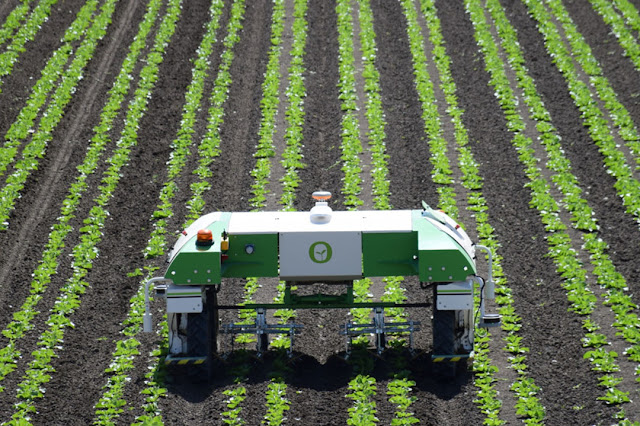Aerosol Cans: Versatile Packaging Innovations
 |
| Aerosol cans |
Aerosol cans have become ubiquitous in our daily lives,
serving as efficient and versatile packaging solutions for a wide range of
products. From household cleaners and personal care items to automotive
products and industrial sprays, aerosol cans offer convenience, precision, and environmental
benefits.
Understanding
Aerosol Cans
Aerosol cans are pressurized containers designed to store and
dispense liquid, foam, or gel substances in a fine mist or spray form. The key
components of an aerosol can include the canister, valve, propellant, and
product formulation. When the valve is actuated, the propellant forces the
product out of the canister, creating a spray that allows for controlled and
targeted application.
Versatile
Applications
The versatility of aerosol cans makes them ideal for a wide
array of applications across various industries:
Household
Products: Aerosol Cans are
commonly used for household cleaners, air fresheners, insecticides, and
furniture polishes. The aerosol delivery mechanism ensures even distribution
and efficient coverage, making cleaning tasks easier and more effective.
Personal
Care: Hair sprays, deodorants, shaving foams, and cosmetics often
come in aerosol cans, providing convenience and precise application for
consumers.
Automotive
and Industrial: Lubricants, paints, adhesives, and rust inhibitors are
frequently packaged in aerosol cans for automotive and industrial use. The
spray format allows for targeted application in hard-to-reach areas.
Medical and
Pharmaceutical: Aerosolized medications, such as inhalers for respiratory
conditions, are dispensed through aerosol cans, delivering precise doses for
therapeutic purposes.
Food and
Beverage: While less common, aerosol cans are used in the food
industry for applications like whipped cream dispensers and cooking sprays.
Sustainability
and Environmental Considerations
In recent years, there has been a focus on improving the
sustainability of aerosol packaging. Manufacturers have developed eco-friendly
propellants, such as compressed air or nitrogen, to replace traditional
hydrocarbon-based propellants. Additionally, efforts are underway to design
aerosol cans with recyclable materials and reduce their environmental impact
through responsible disposal and recycling practices.
Aerosol cans also offer benefits in terms of product
preservation and waste reduction. The sealed, pressurized containers prevent
product contamination, extend shelf life, and minimize product waste by
dispensing precise amounts as needed, reducing overuse and spillage.
Safety
Measures and Regulations
Safety is paramount in the design and use of aerosol cans.
Propellants and product formulations undergo rigorous testing to ensure
compatibility and stability within the canister. Valve systems are designed to
prevent accidental discharge or leakage, and warning labels provide
instructions for safe handling, storage, and disposal.
Regulatory agencies, such as the Environmental Protection
Agency (EPA) and the Occupational Safety and Health Administration (OSHA),
oversee standards and guidelines related to aerosol can manufacturing,
labeling, and use. Compliance with these regulations ensures consumer safety
and environmental responsibility.
Innovations
and Future Trends
The evolution of aerosol technology continues with ongoing
innovations and advancements. Manufacturers are exploring alternative
materials, such as aluminum alloys and bio-based plastics, to improve canister
durability and recyclability. Innovations in valve designs, including
metered-dose dispensing and foam-spray options, offer enhanced functionality
and user experience.
Furthermore, the integration of smart packaging features,
such as QR codes for product information and usage tips, enhances consumer
engagement and product transparency. These developments reflect a growing
emphasis on sustainability, safety, and user convenience in aerosol packaging
solutions.
A
Continuing Legacy of Innovation
Aerosol cans have come a long way since their inception,
evolving into efficient, sustainable, and versatile packaging solutions across
diverse industries. From household essentials to specialized applications in
healthcare and manufacturing, aerosol cans offer precise dispensing, product
preservation, and environmental benefits. As technology advances and
sustainability practices evolve, aerosol packaging remains a cornerstone of
modern packaging innovation, catering to the needs of consumers and businesses
alike.



Comments
Post a Comment